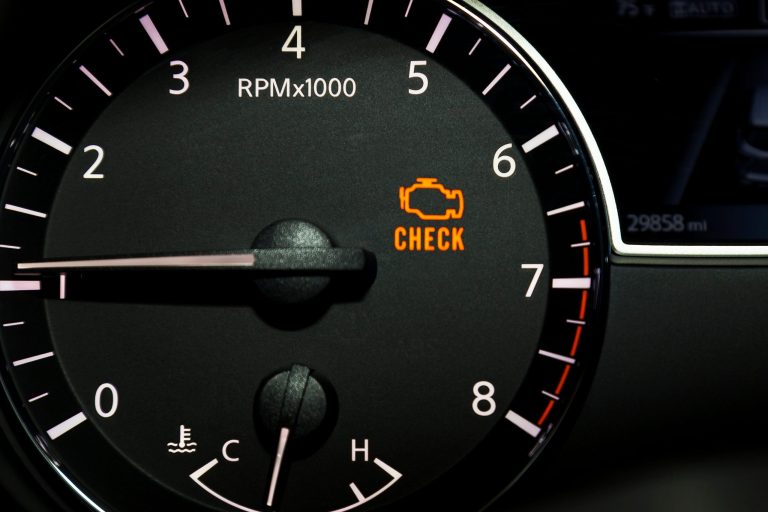Santa Monica
Santa Monica Lemon Law Attorney

Santa Monica’s Premier Lemon Law Attorney
When you’re on the hunt for the finest Lemon Law Attorney in Santa Monica, look no further. We’ve assisted numerous Santa Monica residents in securing the compensation they deserve after purchasing a lemon vehicle. Our Lemon Law Lawyers possess an extensive understanding of California’s Lemon Law, coupled with our unwavering dedication to protecting your rights as a consumer, guaranteeing that you’re in capable hands.
Why Select Us as Your Santa Monica Lemon Law Lawyer?
Experienced & Committed: With years of experience serving the Santa Monica area, we have successfully represented numerous clients, ensuring they receive fair compensation for their lemon vehicles.
No Win, No Fee: We have such confidence in our expertise that we work on a contingency basis. If we don’t win your case, you don’t pay a cent.
Thorough Case Assessment: Each case is unique, which is why we offer a comprehensive evaluation to ensure that every aspect of your case receives thorough examination.
Understanding the Lemon Law in Santa Monica, California
California’s Lemon Law provides crucial protection for consumers who have purchased or leased a new or used vehicle that turns out to be faulty or requires excessive repairs. It is imperative to have a Santa Monica Lemon Law Lawyer by your side who comprehends every nuance of these regulations.
Here’s a brief overview:
Eligibility: Not every faulty vehicle qualifies as a “lemon.” To meet the criteria, the vehicle must have undergone multiple unsuccessful repair attempts at an authorized dealer or been out of service for an extended period.
Compensation: If you possess a valid claim, you may be entitled to a replacement vehicle or a refund. Additionally, you could also be reimbursed for repair costs, towing charges, and even rental car expenses.
Time Limit: Typically, a claim under the California Lemon Law must be filed within 18 months of the vehicle’s delivery. However, exceptions exist. Consult with a Santa Monica Lemon Law Attorney to ascertain if you are within your rights to file a claim.
Manufacturing Defects Qualifying for Lemon Law Protection
- Airbag malfunction
- Battery Issues
- Brake issues
- Computer and Software Systems
- Cooling System Failures
- Defective Safety Features
- Electrical System Malfunctions
- Engine problems
- Exhaust System Issues
- Fuel System Problems
- Lighting System Failures
- Malfunctioning Climate Control
- Noise Issues
- Oil or Fluid Leaks
- Paint Defect or Corrosion
- Steering system issues
- Suspension and Alignment Problems
- Tire issues
- Transmission issues
- Window and Door Problems
- Windshield Wipers Faulty
Warranty Eligibility
For a vehicle to qualify for relief under the Lemon Law, it must be under the manufacturer’s warranty. Here’s a clearer breakdown of the criteria:
- The vehicle can be new, used, pre-owned, or certified.
- It can either be purchased or leased.
- At the time of purchase or lease, the vehicle was protected by the manufacturer’s original or extended warranty.
- Even if the warranty has expired, vehicles with persistent issues that necessitated multiple shop visits before the warranty ended may still be eligible.
- The manufacturer should have been given ample opportunities to rectify the vehicle.
- If the vehicle has been in the repair shop for a cumulative total of 30 days or more, it may qualify.
Manufacturer’s Lemon Law Refund Obligations
Under the lemon law, when granted a refund, the manufacturer is legally bound to cover all costs related to your defective vehicle, including:
- Initial down payment
- Attorney’s fees
- Outstanding loan amount
- Monthly installments
- Vehicle registration fees
- Repair charges
- Applicable taxes
- Costs for towing
- Expenses for rental cars
- Arbitration
- Legal Fees
Steps to Initiate a Lemon Law Claim
- Gather all of Your Documentation (Repair Bills, Communication, etc.)
- Assessment of Your Case
- Gathering Required Documentation
- Commencing a Claim Process
- Reaching a Settlement
- Receiving Compensation
FAQs: Your Questions Answered by an Santa Monica Lemon Law Attorney
- What is California’s Lemon Law, and how does it protect consumers?
California’s Lemon Law is a set of regulations designed to protect consumers who have purchased or leased new or used vehicles with significant defects. If a vehicle repeatedly requires repairs or is out of service for an extended period due to manufacturing defects while under warranty, the law provides recourse for consumers to seek compensation, including a replacement vehicle or a refund. - What is the deadline for filing a Lemon Law claim in California?
Typically, in California, a Lemon Law claim must be filed within 18 months of the vehicle’s delivery to the consumer. However, there can be exceptions, and the timeline can vary based on specific circumstances. It’s crucial to consult with a qualified Lemon Law attorney in California to determine if you are still eligible to file a claim. - Can I pursue a Lemon Law claim if I purchased a used vehicle?
Yes, you can pursue a Lemon Law claim in California even if you purchased a used vehicle, provided certain conditions are met. The vehicle must still be under the manufacturer’s original or extended warranty at the time of purchase, and it should exhibit persistent defects that the manufacturer or dealer has been unable to repair adequately. If these criteria are met, you may be entitled to compensation or a replacement vehicle under the California Lemon Law. Consulting with a Lemon Law attorney is advisable to assess your specific situation.
Contact the Leading Santa Monica Lemon Law Lawyer Today
If you believe you have a lemon and are seeking legal representation, reach out to Santa Monica’s preeminent Lemon Law Attorney. We are here to guide you through this intricate legal process, safeguarding your consumer rights.
Call us for a complimentary consultation or to discuss your case. Keep in mind that you are not alone – we are here to assist you.
Disclaimer: The contents of this website, including but not limited to text, graphics, images, and other material contained herein (“Content”) are for informational purposes only and do not constitute legal advice. The Content is not intended to be a substitute for professional legal advice, diagnosis, or representation. Always seek the advice of an attorney or other qualified legal provider with any questions you may have regarding a legal issue.









